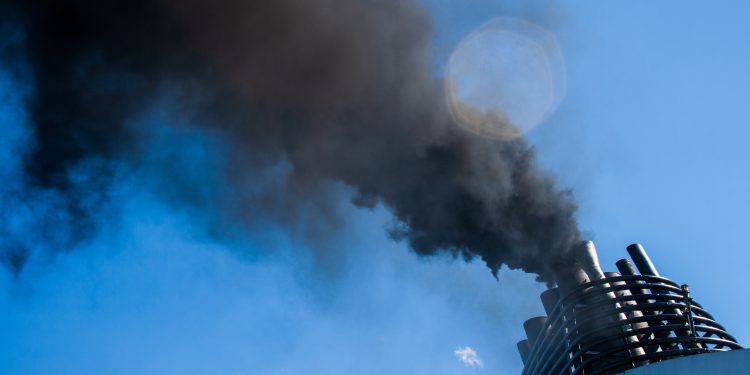As the International Maritime Organization (IMO) gathers today for a meeting of its Marine Environment Protection Committee (MEPC 80, July 3-7), the Clean Arctic Alliance called on IMO member states to adopt ambitious interim targets that will lead to a 50% reduction in shipping’s climate impact by 2030.
In particular, they must commit to delivering mandatory black carbon emissions reductions from shipping – which impact the Arctic, and to support designation of new Emission Control Areas (ECAs) to reduce air pollution in the Arctic.
According to Dr Sian Prior, Lead Advisor to the Clean Arctic Alliance, the reduction in black carbon emissions, which are a potent climate forcer, would be achieved through a mandatory fuel switch from dirty residual fuels to distillate fuels by ships operating across the broader Arctic, given the impact that shipping in and close to the Arctic regions can have on sea and glacier ice.
During MEPC 80, governments can change the world by slashing shipping’s greenhouse gas emissions by 50% by 2030 – and 100% by 2040. As a recent study shows, this can be achieved without impacting trade.
…said Clean Arctic Alliance Lead Advisor Dr Sian Prior.
The shipping sector has the power to rapidly reduce its emissions of black carbon – what’s needed now is the political will. Reducing black carbon emissions from shipping in and near the Arctic is straightforward, does not require development of new fuels or new technology, and can be achieved immediately.
…continued Prior.
As explained, individual marine engines would see up to a 80% reduction in black carbon emissions depending on the engine by moving from heavy fuels to diesel fuels. Moving all the ships operating in the Arctic and currently using heavy fuels will result in around a 44% reduction in black carbon emissions. Installing a diesel particulate filter – an existing technology used in land-based transport but which can only be used with cleaner fuels, would reduce black carbon emissions by over 90%.
“The International Maritime Organization truly has a chance to pluck low-hanging fruit, by cutting black carbon emissions, and while no major decisions on reduction of black carbon emissions are expected week, it does provide the opportunity for the IMO to bring forward concrete proposals for cutting these emissions for consideration in early 2024″, added.































































